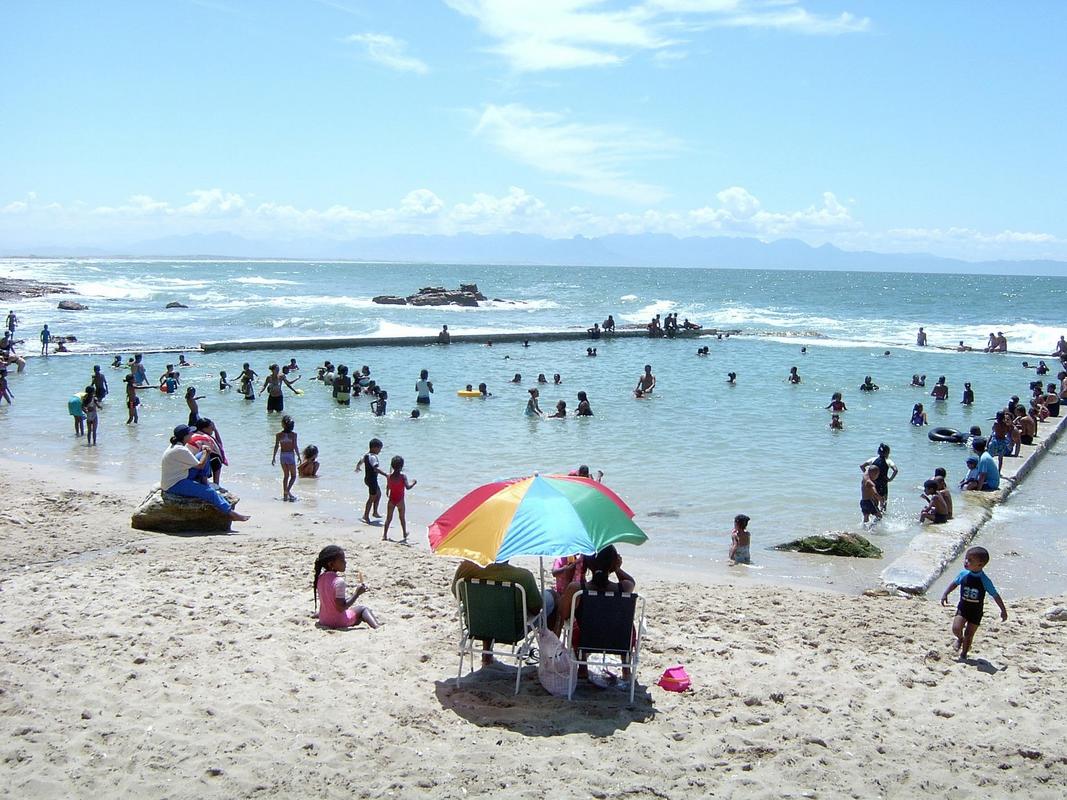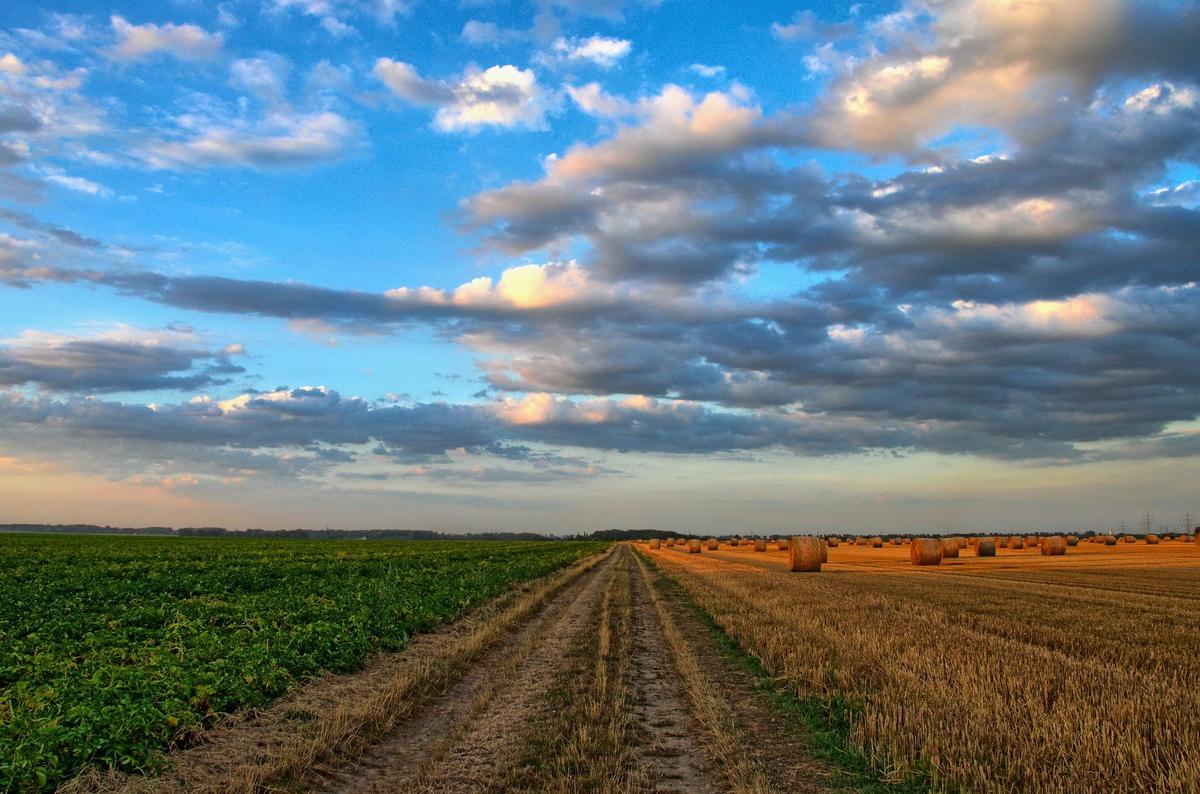Focus industries
Cape Town is a major center for Business Services , Financial Services, Green Economy, Creative Industries, Tech , Real Estate & Development, Fashion & Design, Business Process Outsourcing
Manufacturing
Manufacturing within Cape Town makes up the bulk of manufacturing activities within the Western Cape.
In 2014 the manufacturing sector was the second largest contributor to the City’s GDP (14%).
Cape Town’s largest manufacturing sub-sectors are food, beverages and tobacco (26%); fuel, petroleum, chemical and rubber products (25%), wood and wood products (13%), metal products, machinery and household appliances (10%).
Between 2003 and 2015, Cape Town’s manufacturing sector attracted FDI in electronics components (seven investment projects), paper printing and packaging (three projects), metals (two projects) and consumer electronics (one project).
Leisure & Tourism

The Western Cape experienced a 4.2% growth in 2014 with 1 386 100 tourist arrivals from 1 330 520 in 2013.
The Western Cape reached a total foreign direct spend (TFDS) of R13.4bn in 2014.
In 2014, the European countries dominated in the top ten international markets ranking, with the United Kingdom and Germany leading as the top two international markets to the Western Cape.
The largest number of African tourist arrivals to the Western Cape came from Namibia accounting for 44.0% of all South Africa’s tourist arrivals from Namibia.
Cape Town dominated the foreign bed nights in the Western Cape accounting for 69%.
Financial & Insurance Services
- Cape Town has a vast pool of highly skilled individuals trained in finance, business and related fields.
- The Urban Development Zone (UDZ) tax incentive is a contributing factor to the promotion of the redevelopment and regeneration of the growing financial and business district within the CBD.
- There are supporting business services and entities geared GDP-R contribution (2014) ZAR47.26m Sector contribution to sector (2014) 17% Average annual growth rate (2009 – 2014) 3.5% Formal employment (2014) 272 315 % total employment (2014) 19% Inward FDI into Cape Town’s financial services (2003-2015) 19 projects (14% of SA cities) ZAR2.7bn (13% of SA cities) towards maintaining a business friendly environment within business hubs throughout the City, which has contributed to the increasing attraction of Cape Town as a business location.
- Innovation within the ICT sector is central in Cape Town and the closely located Technology Park in Stellenbosch (53km east of the CBD) plays host to a number of innovative companies which are supporting the further growth of this sector.
Oil & Gas
The oil and gas industry represents a sector of growth and notable value to the Cape Town economy. An eight week stay by an oil rig docked at the port of Cape Town is estimated to contribute a value of ZAR200m to the provincial economy.
Extensive investment opportunities for offshore oil and gas platforms as well as components services and repairs to support the growing operations presents a fruitful opportunity to the City.
The City of Cape Town has a well developed oil and gas support ecosystem which includes lawyers, accountants, architects, engineers to consulting firms and many more. The oil and gas sector was identified as a key sector of the Western Cape’s Government’s Project Khulisa.
Cape Town is geographically close to West Africa and offers well developed infrastructure as well as cost-efficient engineering capabilities with most international exploration and oil refining companies already having a presence in the City. Global management consultants, McKinsey & Company forecasts that by 2020, a shift towards natural gas could add ZAR16bn to South Africa’s annual GDP.

Business Services
Cape Town was the largest contributor to South Africa’s business services sector in 2014 and the sector was the largest contributor to the metropolitan GDP-R at ZAR48bn in 2014, accounting for 85% of the Western Cape and 16% of South Africa’s business services sector.
Cape Town has attracted a number of foreign companies into its business services sector, with 47 investment projects being funded over the period between 2003 and 2015, representing 29% of all Foreign Direct Investment (FDI) flows into this sector in South Africa.
Cape Town’s top three business services subsectors attracting FDI are professional, scientific and technical services (ten projects), advertising and public relations (nine projects) and retail banking (seven projects) over the period 2003 – 2015.
Agriculture & Farming

The Western Cape is as Africa’s ‘agribusiness hub’ with the province contributing close to 23% of the country’s commercial agricultural output owing to its level of agricultural development and expertise, and the quality of its infrastructure, markets and services.
The agro-processing sector covers food and beverages, textiles and clothing manufacturing, and the wood paper and publishing sub-sectors.
The Western Cape Government’s Project Khulisa identifies agro processing as a sector with the potential to provide growth and job creation over the next five year period.
Key interventions to promote the sector further include a centralized testing facility, a focus on Halaal exports, increasing exports of wine and brandy, and improving local capacity to process agricultural produce.
Renewable & Smart Energy
The Western Cape is currently positioning itself as a key location for the manufacture of renewable energy and technology.
Cape Town accounts for nearly 90% of the Western Cape’s economy and houses most of the large, energy intensive industrial areas.
Cape Town is the location of choice for the manufacturing of components and equipment for the renewable energy industry. The renewable energy manufacturing sector is forecasted to grow at R3-5bn per annum with the potential to create 1 350 jobs.
The rooftop photovoltaics (PV) market segment is set to explode over the next five years due to declining PV prices and increasing electricity costs, resenting an investment opportunity of R2bn per annum that is expected to create more than 3000 jobs.
Creative, Marketing & Media
In 2015, South Africa’s box offi ce revenues increased by 36% reaching ZAR1.198m from ZAR880m in 2014.
The South African games industry generated ZAR53m in revenue in 2014, up from ZAR29m in 2013, an increase of 82%. The total turnover generated for all commercial productions was ZAR1089.4m and stills producers was ZAR0.9bn.
South Africa’s animation industry has shown fast growth in the past five years and animation studios in the Western Cape are the largest producers of animation on the African continent.
Gaming development studios are mainly in the Western Cape and Gauteng. There are 16 gaming studios in Cape Town, 14 in Johannesburg, six in Pretoria, two in Durban, one in both Howick and George.
Western Cape and Gauteng still dominate in preference for the production of films and TV, accounting for over 50% of all film and TV projects in South Africa.

Engineering
Cape Town is the hub of a variety of metals and engineering services, with a well-established sophisticated engineering sector.
The City’s metals and engineering sector was valued at ZAR5.4bn in 2014 and attracted FDI valued at ZAR781m between 2003 and 2015.
Concentrations of precision and process engineering firms are located throughout Cape Town.
There is a growing emergence of innovative and niche engineering markets (Small and Medium Enterprises specializing in fields such as product design, engineering services and laser cutting) geared to capitalize on the growing industry and rising demand.
Information Technology

The Information Communication Technology (ICT) sector is well established in the City of Cape Town and is a major hub within the province, with 1 500 companies.
Cape Town’s ICT sector is predominantly made up of small and medium sized innovative companies that provide ICT services such as software development, web development and consulting.
PwC showed that most of South Africa’s “emerging companies” are based in the Western Cape (56%), followed by Gauteng (34%).
Cape Town provides access to skilled graduates via multiple universities, a growing number of incubators, accelerators and co working spaces, and has recorded a number of successful exits.
Investment totaling more than ZAR11.9bn has been made into Cape Town’s ICT sector over the last decade.
